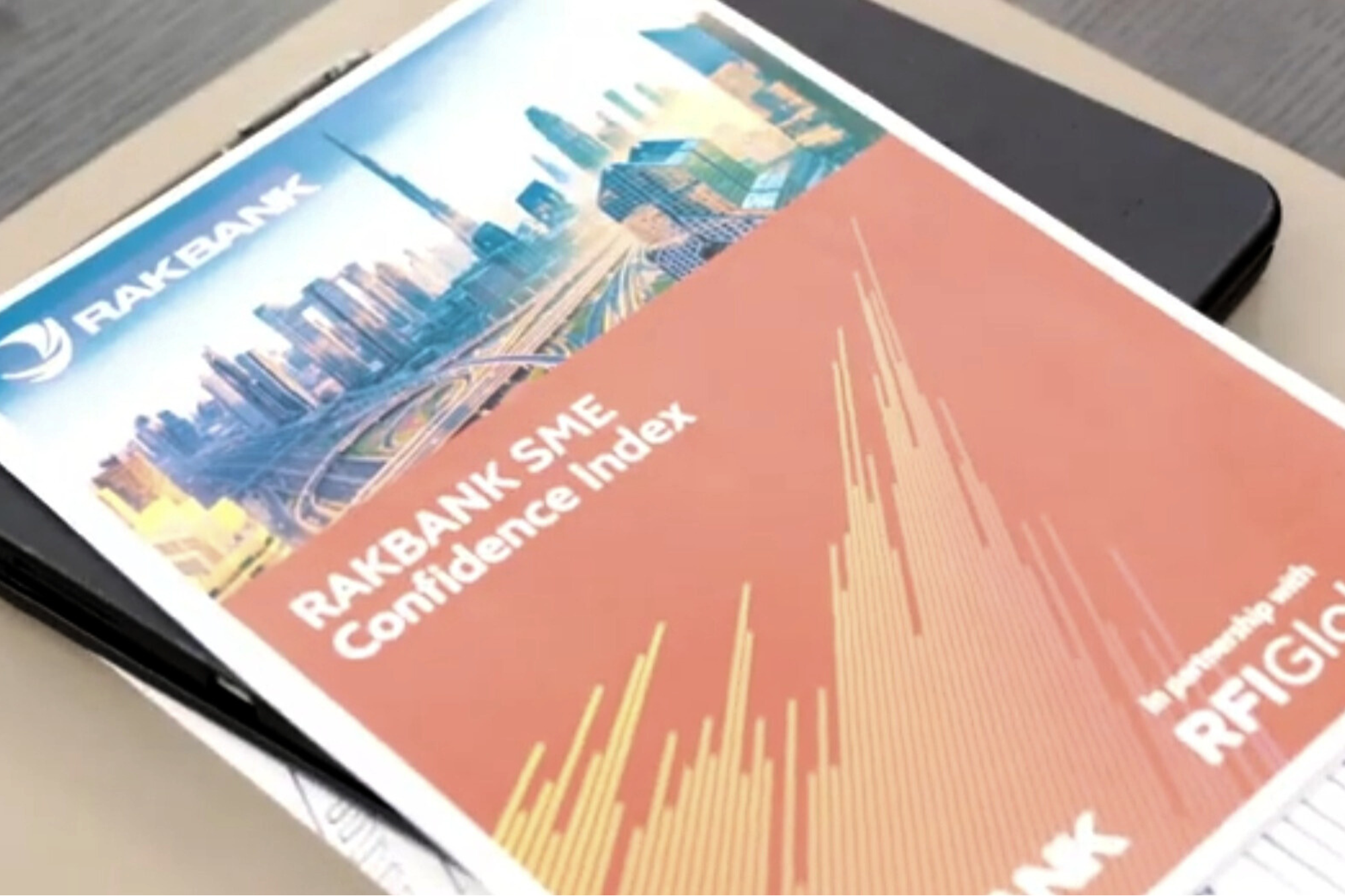Be The First Mover: How Investors Should Capitalize On A Rapidly Changing Middle East As is the case in many emerging markets, hurdles to investment will arise
By Sean McKeon •
Opinions expressed by Entrepreneur contributors are their own.
You're reading Entrepreneur Middle East, an international franchise of Entrepreneur Media.

For investors scanning the globe in search of the next viable opportunity, the Middle East may seem like an unnatural place to look. Stories on geopolitical upheaval and demographic unrest dominate headlines. At the same time, a flight to safety in Western markets remains a popular trend, despite predictions of a market correction.
As residents of the Middle East know well, current headlines overshadow an economic transformation occurring in the region, one that touches a wide range of industries including technology, finance, and retail. With this change, comes a growing number of opportunities for global investors willing to invest in such emerging markets. To better understand the available opportunities, we need to look closer at what is driving the newest Middle East business revolution and lay out a framework for making new investments.
1. Identify sectors disrupted by geopolitical and economic shifts.
A changing geopolitical landscape and demographics offer new opportunities for investors in the Middle East. In one example, Saudi Arabia's push for diversification is creating new domestic and regional opportunities as the Saudi government looks for new global partners- the diversity of such partnerships is highlighted in recent announcements with Blackstone and Richard Branson's Virgin Galactic. At a sector level, retail and consumer continues to attract private investment as oil and gas investments decline, according to a 2016 Deloitte report. Population growth in countries with large youth populations will further highlight the importance of other sectors like transportation and healthcare.
2. Understand the role of technology underlying the disruption.
Backed by government initiatives, technology is increasingly becoming an investable sector in many Middle East economies. The growing popularity of technology-enabled businesses and growth of venture capital ecosystems in the UAE and Egypt was highlighted in Christopher Schroeder's 2013 book titled Startup Rising. In just a few years since publication, the region has witnessed an increase in tech-enabled businesses and the region's first two unicorns, which includes Amazon's acquisition of local e-commerce company Souq.com. For investors sitting in the US and Europe, technology and tech-enabled businesses offer a new level of diversified access to a region long dominated by petrochemicals.
3. Seek out locally-developed ideas backed by government initiatives.
Homegrown private sector businesses are increasingly seen as a viable place to invest in the region. Investors should look for market dislocations where state enterprises previously dominated. Such openness coupled with state support and subsidies is driving innovation in the region. The UAE, long a center of technological progress in the Middle East, continues to sponsor new initiatives aimed at modernizing the state's economy. Careem, a Dubai-born ride sharing company, grew to be the region's second unicorn following investment by regional and international investors. In countries with larger population centers, investments in local businesses offer international investors the added benefit of aiding the region's economic development.
As the region continues to open up politically, investors should monitor the many ways Middle East investments can complement an existing global portfolio. Among the many reasons are diversification, access to a region with large youth populations, and the dual benefit social impact coupled with financial return. As is the case in many emerging markets, hurdles to investment will arise; but, so long as change in the Middle East continues, so will the growing number of opportunities.
Related: How Fintech Is Transforming The Middle East, Africa and South Asia's Financial Service Industry













